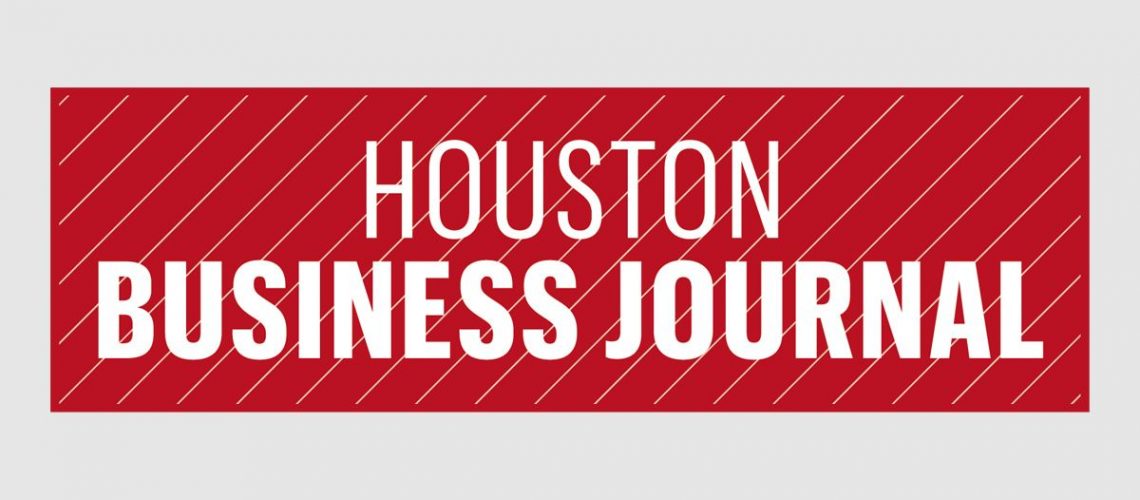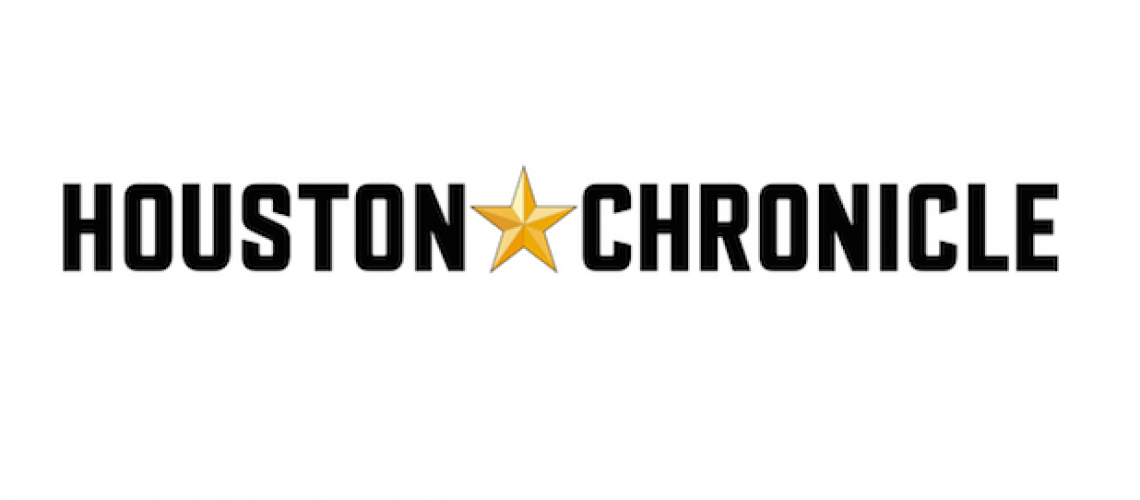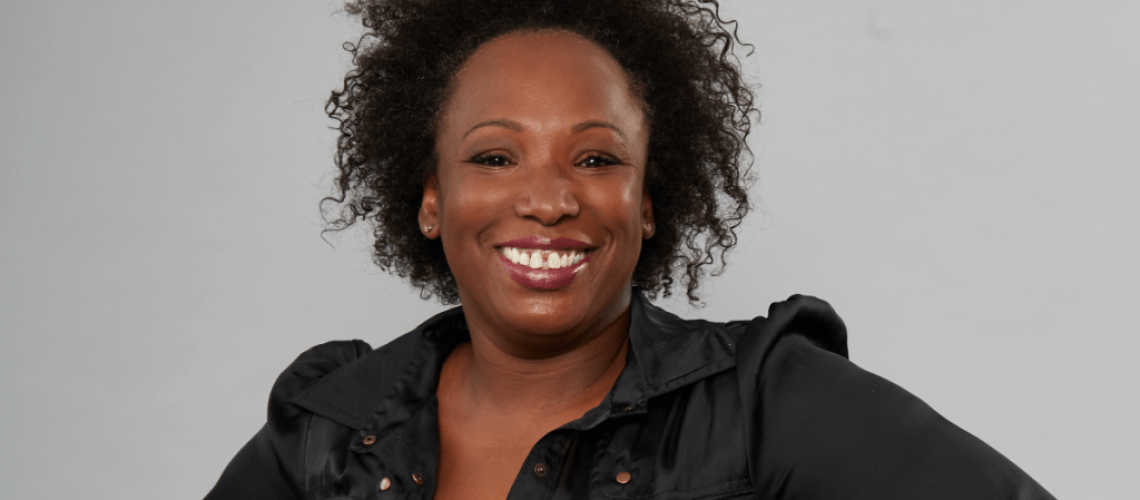These women are breaking glass ceilings all over the place.
By Roxanna Asgarian, Gwendolyn Knapp, Abby Ledoux, and Laura Furr Mericas
Originally published in Houstonia
It isn't easy being a female in a male-dominated field, but these six Houston women didn’t let that stop them —not for a second. In many cases, they led the way for others, too.
Monica Ryan, owner, Village Plumbing
As a kid, Ryan was always following her dad out into the night as he fixed plumbing emergencies. “Basic stuff,” she remembers—stoppage work, clogged drains. Her parents started Village Plumbing in 1946. Ryan never planned on going into the family business, but after her father had a stroke in the early ’80s, the Texas A&M grad traded in her accounting job for a master plumber’s license.
Still in her twenties then, she quickly learned the industry was “a good-old-boy network.” Employees left, salesmen tried to rip her off, and men tended to be more honest with each other than with her, even her own employees. “But I’m pretty honest,” she says. “That works for me.” Today, she has 75 employees, and her company is known for offering quality service that’s both female- and LGBT-friendly. “The culture here is good,” she says. “It’s that way because we want it that way.” —Gwendolyn Knapp
Katie Mehnert, CEO and founder, Pink Petro
Crises are a fact of life in the energy industry. Mehnert accepted that years ago, back when she was starting out at Enron. In her career, she not only lived through that company’s notorious implosion, but had to cope with plenty more upheaval, including layoffs and a firing. But it was a conversation on a flight in 2013, during which her seatmate expressed shock that she worked for BP, that made Mehnert really want to change the oil world.
“What’s a pretty young lady like you doing in a dark, dangerous business like oil?” he asked. Exasperated, she decided to start Pink Petro, with the aim of making the industry more inclusive. Today, her company has 8,800 female and male members from more than 120 countries, in addition to partnerships with 25 leading energy companies.
Upheaval, though, has continued to be a fact of life. Harvey forced Mehnert to relocate her business while at the same time dealing with her own flooded home. But she says such challenges have reminded her to be resilient. “At the end of the day, it is the tough times that make us stronger,” she says. “Why waste a good crisis?” —Laura Furr Mericas
Dana Brown, Houston Fire Department Captain
Nearly 20 years ago, when she was a senior studying business at UH, Brown realized she wasn’t cut out for a desk job. So when a friend mentioned the Houston Fire Department was hiring, she took a chance. At five-foot-one and 115 pounds, she wasn’t the typical firefighter.
“When I got into the Fire Department, there were certain groups who congregated together, and the women were the least-favorite group,” she remembers. After all three of the other women training with her dropped out, she heard a group of male trainees chanting through the wall: three down, one to go.
Today, Brown is captain of HFD’s hazardous materials division, and she says that with time, things have gotten easier. “Once I got in there and they got to know me and saw my work ethic, we became a family,” she says. “I’m not gonna say it was rosy. People were mean. I could have thrown in the towel many times. But it’s a great job—high-risk, low-pay, but a lot of fun.” —RA
Jenny Creech, sportswriter, Houston Chronicle
Don’t let the women standing in front of the TV cameras at football games fool you, Creech says. Sports writing is still dominated by men, and Creech—who has been with the Chronicle for 13 years—is one of only a few female sports reporters in the country: “Walk into a press box,” she says. “There’s not many.”
She now mentors young female reporters on everything from handling football “mansplainers,” to the art of getting into the locker room, to dealing with inevitable social media nastiness. “The absolute worst part of my job is Twitter,” she says. “I’ve had death threats. Somebody posted my address. They pasted my head to a porn star’s body.”
But Creech knows projects such as her award-winning investigation into Baylor’s sexual assault victims are vital in a field where social issues often go overlooked. “We can’t ignore these things any longer,” she says. “That’s why I’m here.” —GK
Mandy Jeronimus, Co-owner/GM, City Acre Brewing
Even when they find Jeronimus standing in the middle of her Eastex/Jensen–area facility holding a bucket of grain, most people assume she isn’t one of the brewers. “They’re usually very surprised when I tell them,” she says. Jeronimus grew up in a family of beermakers and was a homebrewer in college, where she met partner Matt Schlabach. They opened City Acre in 2016.
Working in a bro-abundant industry, Jeronimus says, means being taken seriously is often a challenge. But with more women joining breweries and the Pink Boots Society advocating for female beer professionals, women are gaining respect in the business.
Of course, daily challenges remain for Jeronimus, partly because of her small build—the average full keg weighs about 160 pounds. “Things in breweries are hefty. I can’t carry a keg,” she says. “I have to figure out workarounds and work smarter, not harder, than men.” —GK
Lori Choi, vascular surgeon
When Choi, a vascular surgeon, was training at Houston Methodist Hospital in the early 2000s, there wasn’t even a women’s room in the cardio unit. Female doctors had to leave the area to find a bathroom, she recalls. At first, certain double standards frustrated her: Outbursts from a male surgeon in the OR, for instance, brought the team into line, but she knew that if she were to lose her own cool, the effect would be the opposite.
While Choi spent years struggling for parity in her field, over time, she learned to harness what made her different, focusing on building relationships with patients and co-workers rather than trying to mimic older, male surgeons. Today, she focuses on the good she can do by reaching people in need, traveling to underserved rural areas and raising money for women’s health through the pop-up dinner series she co-founded, I’ll Have What She’s Having. “I think it’s made me better,” she says. “I don’t fight it anymore.” —APL





